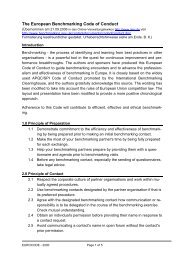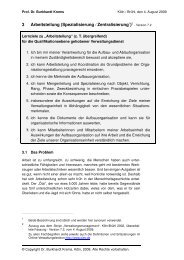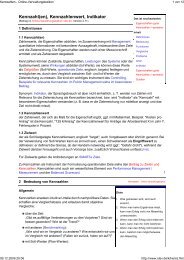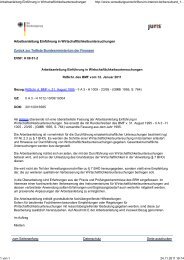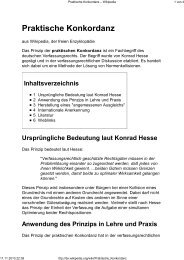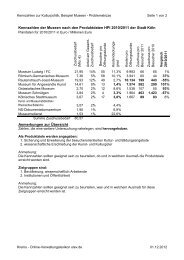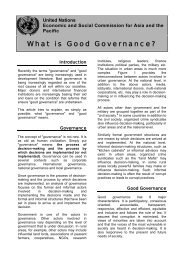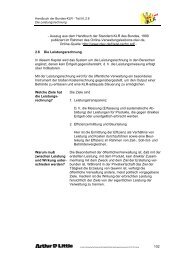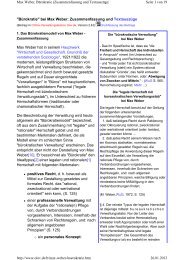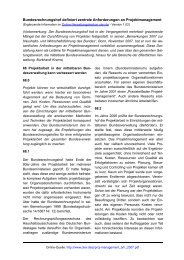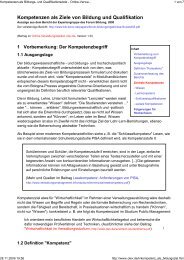Strategy Survival Guide
Strategy Survival Guide
Strategy Survival Guide
Create successful ePaper yourself
Turn your PDF publications into a flip-book with our unique Google optimized e-Paper software.
<strong>Strategy</strong> <strong>Survival</strong> <strong>Guide</strong> Version 2.1<br />
Prime Minister’s <strong>Strategy</strong> Unit<br />
home | strategy development | strategy skills | site index<br />
<strong>Strategy</strong> Skills > Building an Evidence Base<br />
Tools & Approaches<br />
Collecting data<br />
• Data types & sources<br />
• Surveys<br />
• Interviews & focus groups<br />
Analysing data<br />
• Modelling<br />
• Market analysis<br />
• Organisational analysis<br />
Learning from others<br />
• International comparisons<br />
• Benchmarking<br />
Looking forward<br />
• Forecasting<br />
• Scenario development<br />
• Counterfactual analysis<br />
Evidence plays a central role in strategy development by helping to<br />
establish a factual understanding of the issues in hand, and by<br />
informing the selection of possible solutions with the reality check of<br />
what is likely to work.<br />
Evidence can take many forms, but for most projects it will be based<br />
on activities including:<br />
• analysing key patterns in sectoral data<br />
• analysing public attitudes, behaviours and expectations<br />
• identifying international best practice examples which can<br />
provide some guide to potential futures for the UK<br />
• developing hypotheses about trends and causal links, and<br />
testing these hypotheses against available data.<br />
Early links should be established with government specialists to<br />
identify the full range of data types and sources available and the<br />
extent of work already done on related issues. Data that is not<br />
already available may need to be collected using methods such as<br />
surveys or interviews and focus groups.<br />
Analysing the data that has been collected in order to generate<br />
understanding and insights will form the core of the project’s<br />
analytical effort. Various forms of modelling can be used to<br />
understand the relationships between variables, while market<br />
analysis and organisational analysis can be used to provide<br />
context for the emerging strategy.<br />
Further context, in the form of international comparisons and<br />
benchmarking, that provides a comparison with similar policy areas<br />
or other countries, is often another useful way to identify new<br />
approaches.<br />
Finally, the evidence base on which strategy is developed needs to<br />
not only cover the present day, but also likely future developments.<br />
Forecasting can be used to extrapolate current trends, scenario<br />
development can help identify a number of possible alternative<br />
futures, and counterfactual analysis can help predict what is likely<br />
to happen without change to government policy and with a<br />
continuation of expected drivers of change.<br />
<strong>Strategy</strong> <strong>Survival</strong> <strong>Guide</strong> – <strong>Strategy</strong> Skills<br />
Page 113



